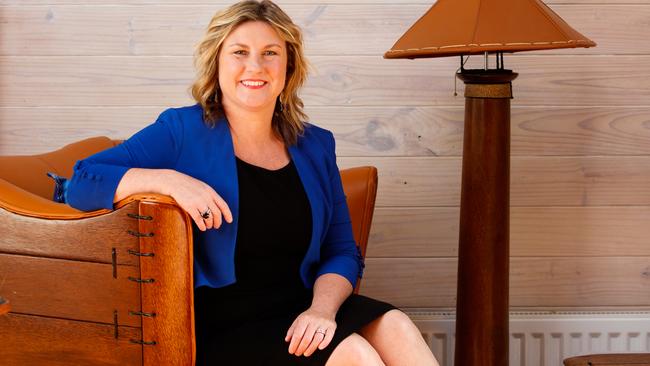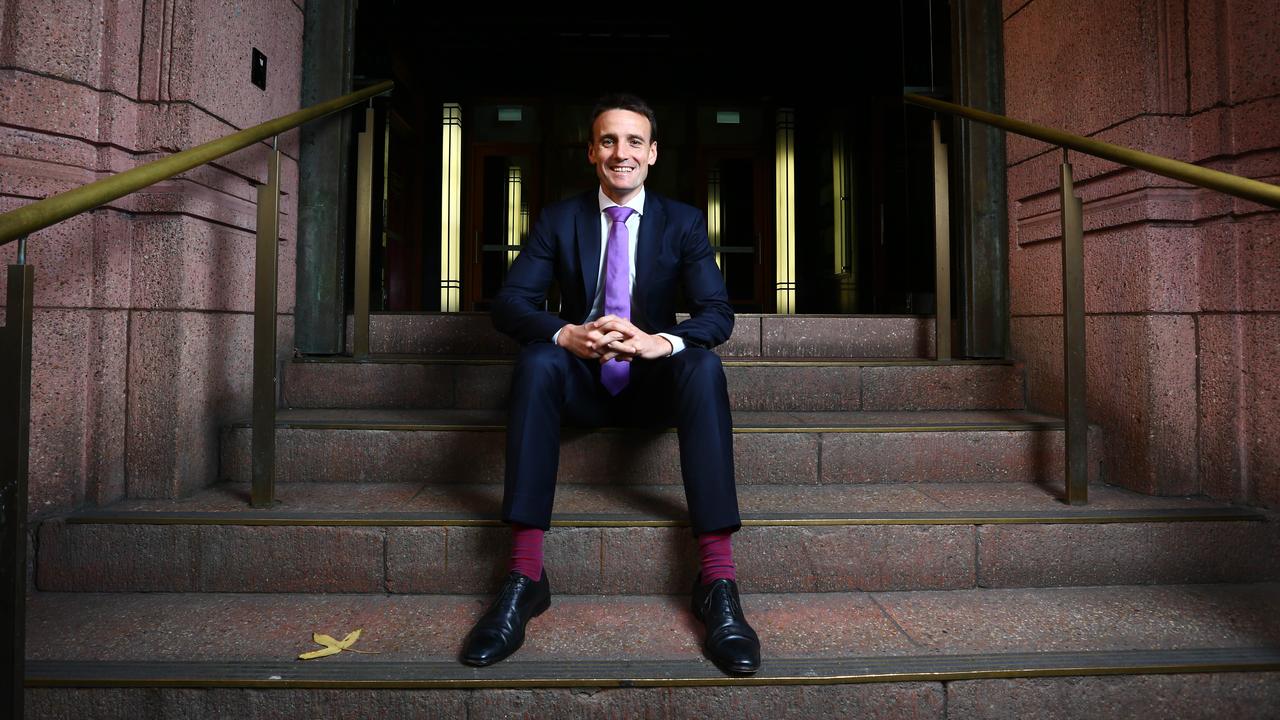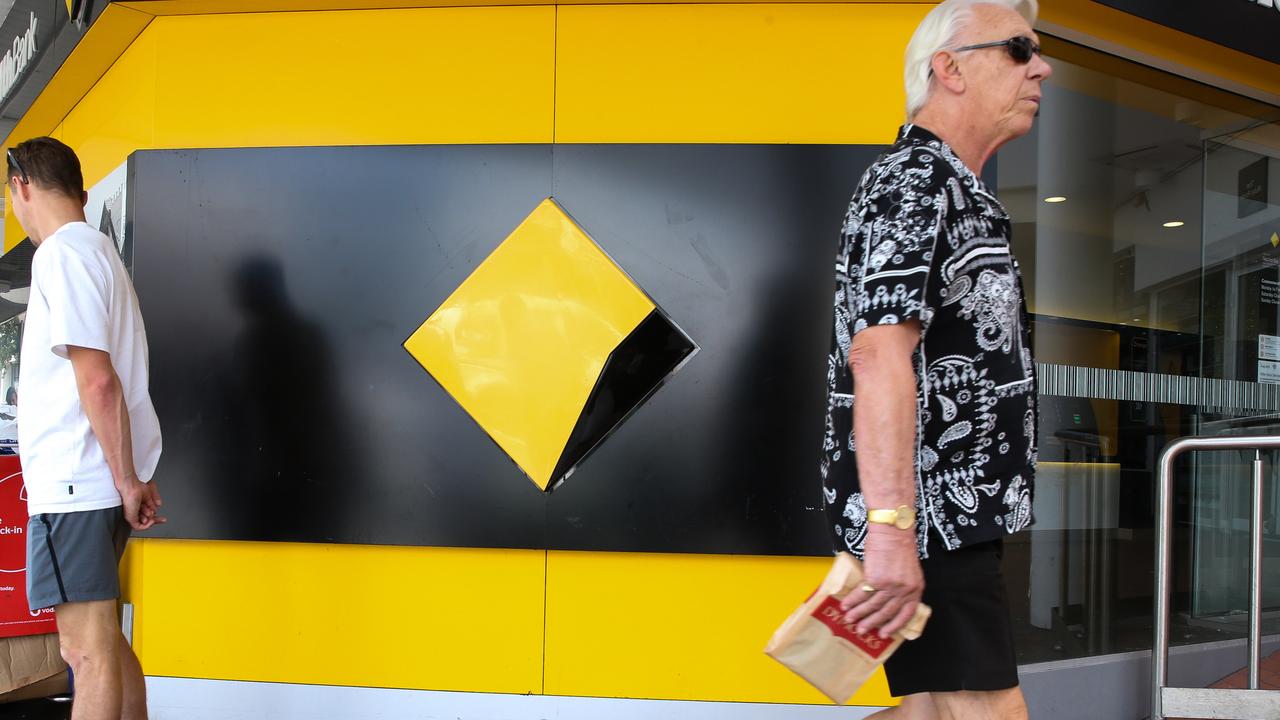Rest Super’s Vicki Doyle: concentration risk not an issue
Rest chief executive Vicki Doyle has shrugged off concerns about member concentration risk in industry super funds.

Rest chief executive Vicki Doyle has shrugged off concerns about member concentration risk in industry super funds, pointing to the success of the early super access scheme as evidence that the argument is a non-issue.
In a wide-ranging interview with The Australian, Ms Doyle, who has been in the top job at the $50bn super fund for the retail sector since 2018, also warned that policy uncertainty could hinder the sector’s ability to invest in domestic infrastructure projects, potentially threatening its crucial role in the nation’s economic recovery.
“I haven’t seen (concentration risk), certainly not in the larger funds. I just don’t see the evidence of it,” Ms Doyle said.
“It would have been evident if a couple of funds fell over because they were so concentrated, but we’ve just had the most extraordinary economic event, even more so than the GFC. And the funds are still well placed.
“So I don’t know how else to read the numbers.”
Ms Doyle’s comments come after Assistant Superannuation Minister Jane Hume again raised the issue of the “systemic risk” posed by industry funds with concentrated member bases.
“The COVID crisis has identified systemic risks and one of those is cohorting of members in particular industries in some funds,” Senator Hume said in a Bloomberg webinar on Wednesday. “When you have large cohorts of industry members in a particular fund, they’re more likely to apply for early release or make decisions about switching to cash.”
Alongside diversification of assets, diversification of members was also important, she argued.
“It’s a systemic risk which has been hiding in plain sight for 30 years, and it’s only just coming to the fore,” Senator Hume said.
Members of Rest and Hostplus, the tourism and hospitality industry fund, have been among the hardest hit by the economic shutdown that has plunged the nation into recession.
Rest has so far received 219,000 requests totalling $1.55bn under the government’s early access scheme, which allows workers to access up to $10,000 from their super savings this financial year, tax-free, and a further $10,000 next financial year.
The dollar amount was about half of what the fund had initially forecast it could be hit with, Ms Doyle said.
She said she understood why the government allowed workers to dip into their savings in the crisis, but cautioned against such a move in the next recession, or the one after that.
“The government had to look at all extreme measures, to be fair, and these were extraordinary times,” Ms Doyle said. “My view is that they do understand that if they were to change the nature of a super fund to be more like a bank, then what would happen is we would no longer be able to invest in infrastructure.
“And equally, we would have to hold more cash all the time. Australians would lose out, and Australia would lose out.”
As the nation battles through its first recession in 30 years, super funds are being called on to assist in reviving the economy. Josh Frydenberg last week urged industry and retail super funds to step up and lead a new wave of domestic investment.
Policy stability would be crucial for super funds to have the confidence to invest in long-term projects, Ms Doyle said.
“(Unlisted assets) are 10 and 20-year investments,” she said.
“You’ve got to make sure you get the mix right across your asset classes and you’ve got to know the profile of how your members draw down on those funds, which is critical, and that’s why you need policy stability. If all of a sudden you change one of those important levers, that changes the way you would invest.”
Before the COVID-19 crisis, REST was holding about 13 per cent of its funds in cash because of risks it saw in the local and global economy.
At the end of January, before markets around the globe went into freefall, it had delivered a one-year return of 12.5 per cent for its default core strategy and 16 per cent for its high-growth offering.
By the end of March, after sharemarkets had plunged 35 per cent in a matter of weeks, its one-year return had been wiped out, with its default option sitting at -3.6 per cent and its growth at -6 per cent.
But the recent recovery in equities markets has dulled some of the pain, with the fund paring its losses. As at May 31, the fund’s 12-month return for its default option was -0.63 per cent, while its growth option was at -0.81 per cent.
Rest’s returns show it underperformed the median balanced and growth options in May, according to research house SuperRatings.
On a one-year basis, both the median balanced and growth options across the industry had returned 0.5 per cent at the end of May.
Based on SuperRatings estimates, the financial year-to-date return for the median balanced option at the end of May was -1.6 per cent. This compares with a -2.5 per cent return for Rest’s default fund.



To join the conversation, please log in. Don't have an account? Register
Join the conversation, you are commenting as Logout